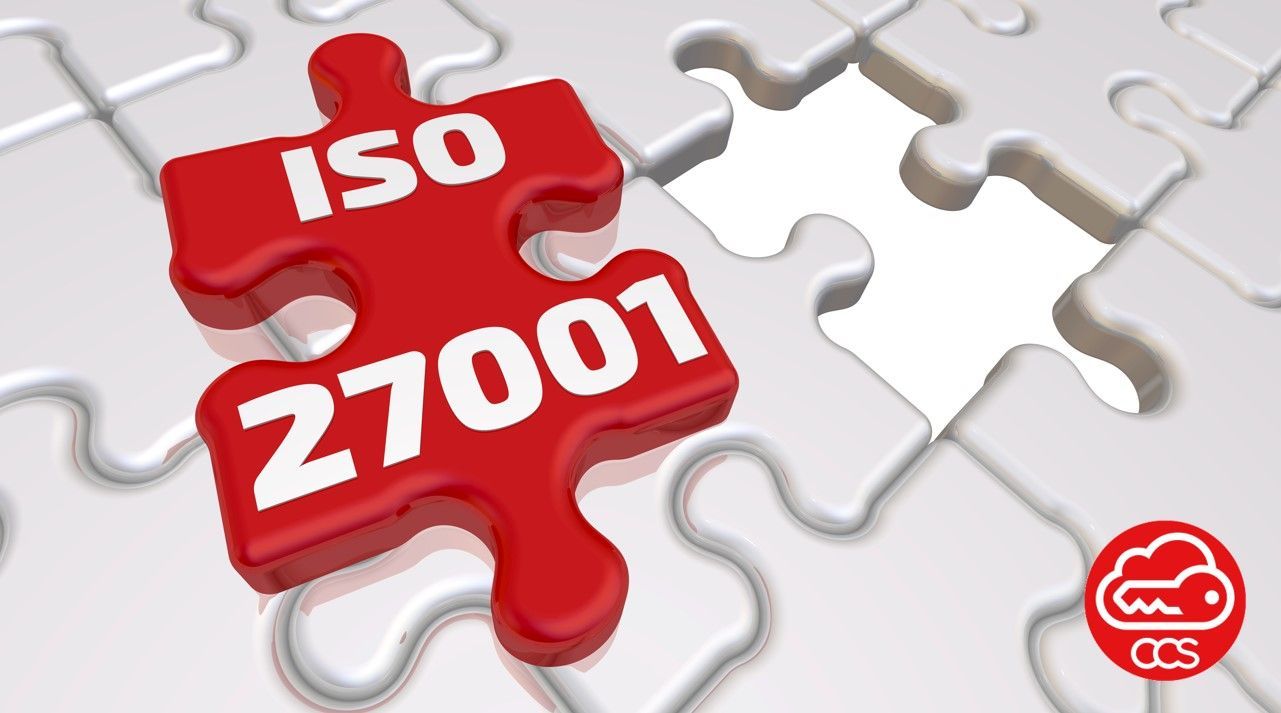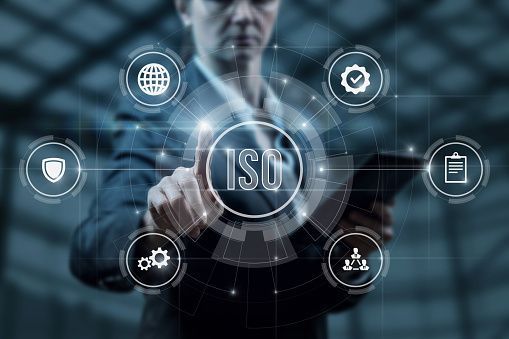Enhancing Customer Trust and Supply Chain Confidence
with ISO 27001:2022
Information security has become a top priority for organizations worldwide. The increasing frequency and sophistication of cyber threats necessitate robust measures to safeguard sensitive data and maintain customer trust. ISO 27001:2022, the international standard for information security management systems (ISMS), provides a framework for organizations to effectively manage and protect their information assets.
By adhering to this standard, businesses not only bolster their own cybersecurity practices but also significantly influence customer trust and confidence, as well as their supply chain's overall security posture.
Strengthening Customer Trust
In the realm of data breaches and cyber-attacks, customer trust has become the backbone of any successful business. Customers are increasingly aware of the potential risks associated with sharing personal information online, making the protection of their data paramount. ISO 27001:2022 helps organizations build a culture of security and demonstrates a commitment to safeguarding customer information.
- Robust Data Protection Practices:
- It outlines strict guidelines for securing sensitive data, including data encryption, access controls, and data backup protocols. By complying with these requirements, organizations assure customers that their information is treated with the utmost confidentiality and will not fall into the wrong hands.
- Incident Response and Management:
- It emphasizes establishing incident response plans to address potential security breaches promptly. Such measures not only demonstrate preparedness but also instil confidence in customers that, if an incident occurs, it will be handled effectively and transparently.
- Compliance with Regulatory Standards:
- Adhering to this standard also enhances compliance with various data protection regulations, such as GDPR (General Data Protection Regulation) and CCPA (California Consumer Privacy Act). Meeting these requirements further reinforces the organization's commitment to safeguarding customer data.
Boosting Confidence in the Supply Chain
The modern supply chain is highly interconnected, with various stakeholders involved in the exchange of information and resources. However, this complexity also introduces security vulnerabilities. Organizations that implement ISO 27001:2022 within their supply chain can influence its overall security posture positively.
- Vendor Management:
- By ensuring that suppliers and partners comply, organizations can vet potential risks and vulnerabilities before integrating them into the supply chain. This verification process bolsters trust in the supply chain's ability to protect sensitive information.
- Information Sharing:
- A robust ISMS fosters a culture of information sharing within the supply chain. Improved communication and data exchange facilitate prompt identification and mitigation of security threats, reducing the potential impact of cyber-attacks on all stakeholders.
- Business Continuity:
- It mandates the establishment of business continuity plans to ensure the organization and its supply chain can respond effectively to disruptions. This preparedness reassures stakeholders that the supply chain can remain operational even during challenging circumstances.
ISO 27001:2022 plays a pivotal role in building and maintaining customer trust and enhancing supply chain confidence. By implementing an ISMS that aligns with the standard, organizations demonstrate their commitment to robust information security practices, safeguarding customer data and ensuring a secure supply chain environment.
Customers are increasingly conscious of the risks posed by cyber threats and data breaches. Complying with ISO 27001:2022 provides customers with peace of mind that their sensitive information is in safe hands, fostering long-term relationships and loyalty.
Similarly, by extending the security measures to the supply chain, organizations bolster the overall resilience of the network, reducing the likelihood of cyber-attacks or data breaches. This strengthened supply chain security results in increased collaboration, efficiency, and confidence among all stakeholders, contributing to the organization's success in the competitive market.



